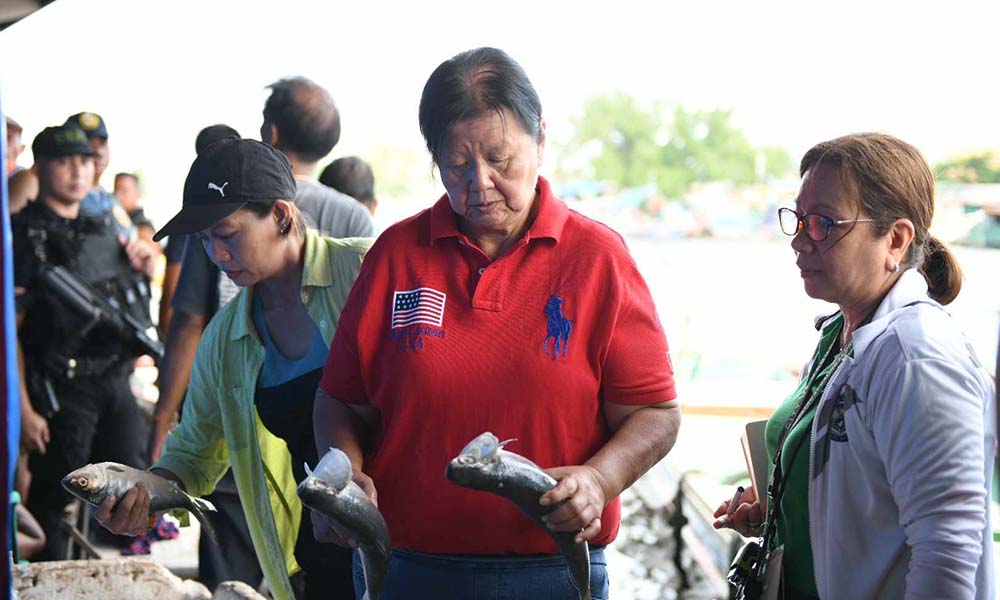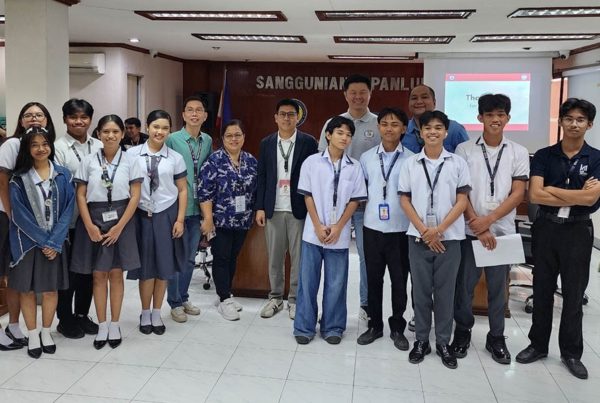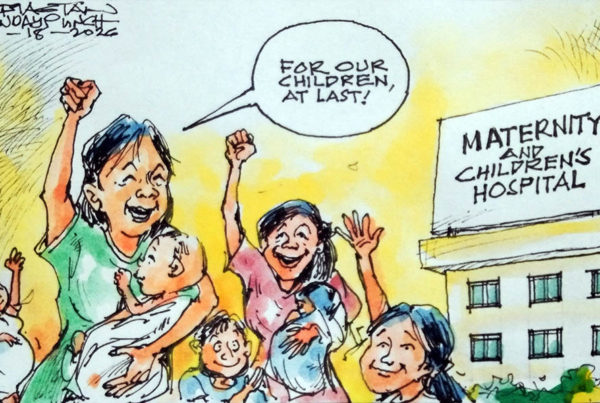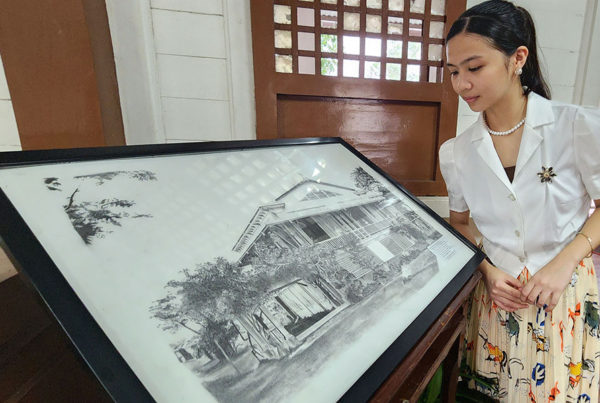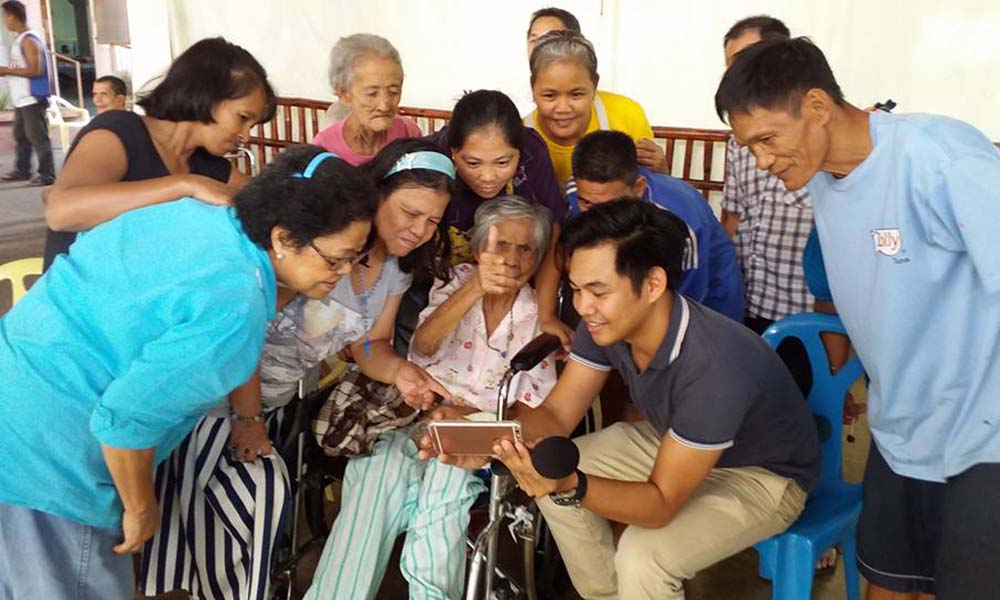
Antoy itsurad tan
 By Rex Catubig
By Rex Catubig
THERE’S always an urgency to reach out and express oneself. Man’s burning desire to communicate his being is second nature to him.
When he coughed, he began to articulate a sound, and learned to speak and then as he screamed, he began to sing. When he put his hands together and clapped them, he discovered rhythm. And when he stomped his feet in fear, frustration, anger, or joy, he discovered dance.
All these added up to his vocabulary of expression where he gave form and substance to his innermost feelings.
Man has not gone far since then. The need to express one’s heart and mind, to reach out, to connect, even in the barrenness of solitude and isolation, all point back to the ancient instinct to make oneself known, and belong—to hook up in today’s parlance. It’s the raison d’etre of FB. It’s what makes Tik-tok so popular.
Here I am, it’s me, I am alive– is the resounding silent cry of the dispossessed, disenfranchised–the marginalized sector in our exclusive society.
In one of our visits to the Missionary House of the Sisters of Charity, in answer to the call to feed the hungry, I invited my friend Angelita Pacheco Rominger‘s nephew Mc Kevin to play host– so as to break the monotonous routine of feeding and eating. I thought that by employing his talent, he could do something to cheer up the residents and enliven their depressing environment.
It was a godsend idea. First, he serenaded them. Then he talked to them and asked them questions—how are they, what they like, what they’d like to do. The kids and the elderly all cottoned up to Kevin and –surprisingly–opened up and were too eager to share their thoughts and feelings. Suddenly, hitherto hidden snippets of themselves were revealed. The kids rambunctiously danced to Baby Shark, the hit song then; the elderly gaily belted old tunes of their lives. And they all took part in simple games that called for them to participate and engage with the others.
In less than an hour, one elderly resident could not contain herself and came up teary-eyed in front of the congregation. “Salamat ed inyakar yo dia”, “Thank you for coming”, she gasped, overcome with emotion. One by one, they grabbed the microphone and spoke their heartfelt, heartwarming piece. All of a sudden, they found their voice–they ceased to be silent, alone, abandoned. One could see and feel how they awakened from their stupor, and felt the urge to voice out whatever sentiments or memories they had held in abeyance for so long.
It was a validation of their being, as they were freed from their seclusion. In one game, the elders tried to outdo one another by pulling a strand of grey hair on someone else’s head. It seemed like a symbolic ritual –pulling the strand of grey was like pulling the remnant of a lifetime of struggle and survival. The grey strand marks the passage of time: But though their bodies may bear the ugly signs of decay, their minds now a maze of uncharted memories—yet on their chests, rests the crown of heart ablaze with love and burning hope.
Sharing their thoughts and expressing their feelings became the tie that bound them and us together. And even if for just a fragment of time, they redeemed the dignity of their being—cracking through the shell of their infirmity and evolving into the persons they had always been but had forgotten.
All it took was a hello and an invitation to take part, to share, to connect. Reaching out and embracing the uniqueness of one another, brought out the beauty of being.
“How are you?”, “Kumusta ey?” is the shibboleth that unlocked the wonders of the human soul and shattered its shell.



